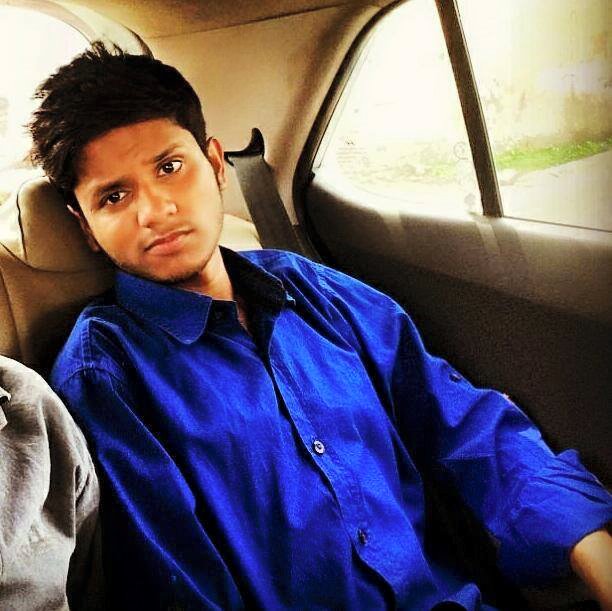What is credit? I ask myself this question always, why do you need credit? You’ll be shocked to know that few, or say most people live their entire lives in credit.
Some are credit rotators while others may not be. Credit cards are often very stylish to have but a burden to pay off if you aren’t a smart spender.
Today, we will talk about credit score and how it affects our spending habits. Various financial institutions, credit unions, and private lenders always check your credit score first before they lend you money.
With plastic money being very common these days, it’s also important to spend the money on credit wisely.
I have seen people file for bankruptcy due to unpaid credit card debts. The interest rate and the delinquency on the account would have exponentially increased the debt to such a level where the spender is unable to make minimum monthly payments.
What is a good credit score?
Credit unions will consider various factors to calculate your credit score. Some of the major ones that determine your creditworthiness are:
- Credit utilization ratio
- Payment History for a minimum of 12 – 13 months
- Credit enquiries
- Any delinquency in the past 12 months minimum
With these major factors, your credit score will be calculated, which will vary from person to person.
If you are unable to obtain a credit card, you could apply for a Secured Card which is approved after you deposit the amount same as your credit limit to start your credit scores, improve them or even rebuild credit online.
Credit Score numbers
Numbers define your credit score from bad to excellent. Let’s take a look at the numbers, which determines the bad, good and excellent scores.
- 300-629: Bad Credit
- 630-689: Fair Credit
- 690-719: Good Credit
- 720 and above: Excellent credit
If your credit score is weak or is below 620, it could get difficult for you to get a loan from any bank or lender. This is where the no credit check loan can come to use and makes it easy to avail loans for the people with a bad credit history.
All the credit unions will provide your credit history free of cost once every 12 months. The main reasons for your credit score to go bad would be:
- Untimely payments for your loans and credit cards
- High credit utilization ratio (Ideal ratio should be 7%-20%)
- Delinquent on any or all your credit cards or loans for more than 60 – 90 days
- Errors in the credit report due to unauthorized accounts being accounted in your name
These are some of the very common reasons that hit your credit score in a very bad way.
However, you do have many ways to improve the credit score at the same time.
Ways to improve your credit score
If you are starting your credit score with a credit card for the first time or if you are starting over again, these steps will help you keep a healthy credit score.
Ensure that you try to adhere to these steps strictly if you wish to keep your credit score on a good credit and aim for excellent rating too.
- Timely payments
- Micropayments
- Low Credit balance utilization ratio
- Timely credit limit increase from your banks
- Limit credit inquiries
We live in a world of credit, so to survive, we need to have a good creditworthiness, else it is difficult even to earn the daily bread.
Ensure to keep your credit spending to a minimum and pay off your credit card debts as soon as possible to avoid unnecessary interest charges. I hope this information will help you make your way up the ladder to reach and maintain a good credit score.
Originally published at trendytattle.com


